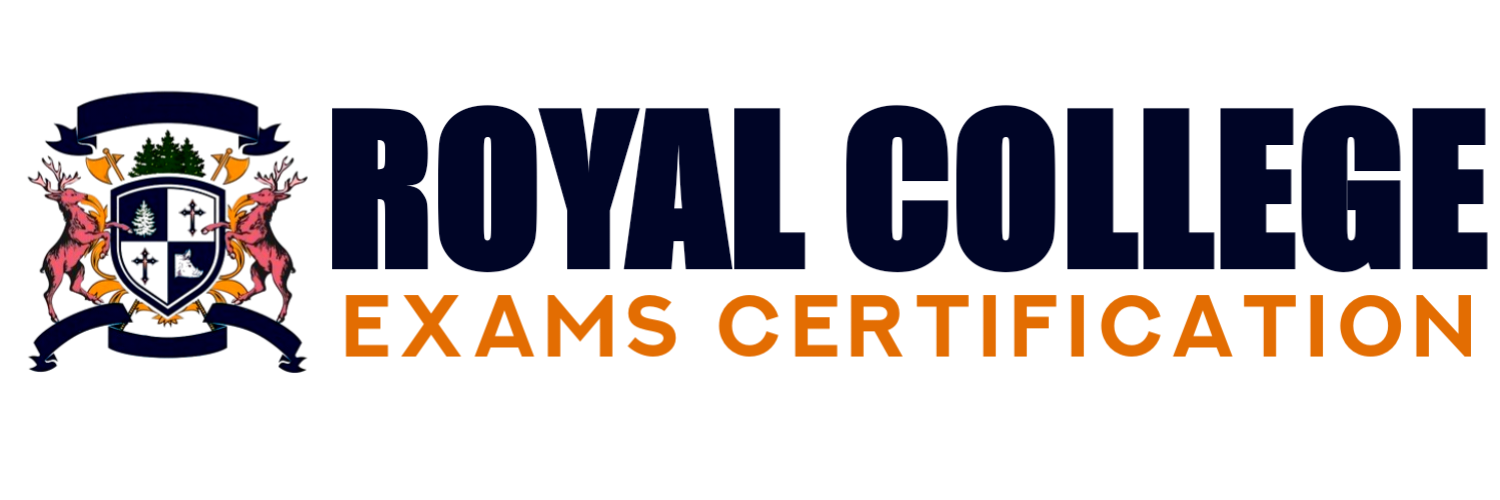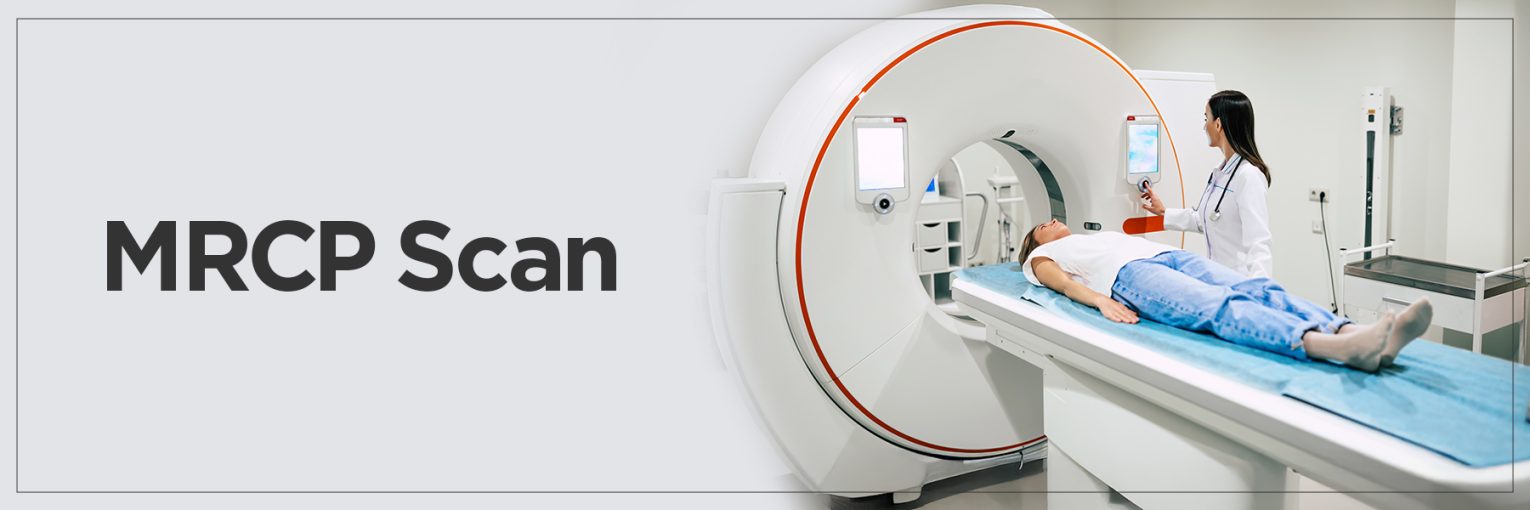The MRCOG (Membership of the Royal College of Obstetricians and Gynaecologists) is one of the most prestigious postgraduate qualifications in the field of Obstetrics and Gynaecology (OBGYN). Awarded by the Royal College of Obstetricians and Gynaecologists (RCOG), UK, this globally recognized certification enables doctors to establish themselves as certified specialists, both within the UK and internationally. MRCOG Degree
As the 2025 MRCOG exam cycle approaches, aspiring candidates around the world are eager to understand whether they qualify to take part in this highly sought-after examination. In this blog, we will explain the complete eligibility criteria for MRCOG 2025, including academic qualifications, registration requirements, work experience, and important considerations for international medical graduates (IMGs).
If you’ve been wondering “Can I apply for the MRCOG exam?” — this is the detailed guide you need.
📌 What Is the MRCOG? A Quick Overview
Before diving into the eligibility criteria, let’s briefly understand what the MRCOG exam is and why it holds such importance:
- The MRCOG is a three-part examination designed to assess the knowledge, clinical skills, and professional competencies required for Obstetrics and Gynaecology practice.
- It is recognized by several health authorities and medical councils worldwide.
- Successful completion of the MRCOG grants you membership with the RCOG, a prestigious credential in women’s health care.
The exam is divided into:
- MRCOG Part 1: Written paper assessing basic and applied sciences relevant to clinical practice.
- MRCOG Part 2: Written paper focusing on the application of clinical knowledge.
- MRCOG Part 3: Objective Structured Clinical Examination (OSCE) evaluating communication, clinical, and professional skills.
📌 MRCOG Exam 2025 Eligibility: Who Can Apply?
Each part of the MRCOG exam has its own eligibility criteria. Here’s a detailed breakdown: MRCOG Degree
Eligibility Criteria for MRCOG Part 1
The MRCOG Part 1 exam is the entry-level examination and focuses on the basic and applied sciences relevant to Obstetrics and Gynaecology.
To be eligible for MRCOG Part 1:
- Primary Medical Qualification (PMQ)
- You must possess a primary medical degree (MBBS or equivalent) from a medical school recognized by the General Medical Council (GMC), UK.
- Your medical school should appear in the World Directory of Medical Schools (WDOMS).
- Proof of Registration
- You must hold a valid and current medical registration/license to practice in your home country or country of employment.
- RCOG may request proof of registration before confirming your eligibility.
- No Prior OBGYN Experience Required
- Unlike other postgraduate exams, no prior Obstetrics and Gynaecology work experience is required to appear for Part 1
Eligibility Criteria for MRCOG Part 2
The MRCOG Part 2 exam assesses clinical knowledge and application within the field of Obstetrics and Gynaecology.
To be eligible for MRCOG Part 2:
- Successful Completion of MRCOG Part 1
- You must have successfully passed the MRCOG Part 1 examination.
- Completion of Core Training
- Candidates should have completed a certain period of training in Obstetrics and Gynaecology, typically:
- Minimum of 4 years postgraduate training in OBGYN for international candidates (some regions may have slightly varying requirements).
- It is recommended, though not always mandatory, to provide evidence of this clinical training.
- Candidates should have completed a certain period of training in Obstetrics and Gynaecology, typically:
- Good Standing and Medical Registration
- Like Part 1, you must hold a valid and current medical registration/license to practice medicine.
- Additional Documents (if required)
- RCOG may ask for employment verification letters, training certificates, or experience letters confirming your work in OBGYN.
Eligibility Criteria for MRCOG Part 3
The MRCOG Part 3 is the final stage of the MRCOG examination and assesses clinical, communication, and professional competencies through OSCE stations.
To be eligible for MRCOG Part 3:
- Successful Completion of MRCOG Part 2
- You must have cleared MRCOG Part 2 before applying for the Part 3 OSCE.
- Proof of Clinical Training
- Candidates should ideally have:
- Completed 5 years of postgraduate training in Obstetrics and Gynaecology.
- Practical exposure in areas assessed in OSCE stations (antenatal care, intrapartum care, postnatal care, gynecological conditions, emergency management, ethics, and communication).
- Candidates should ideally have:
- Medical Registration
- A valid and current medical license to practice medicine in your home or working country is mandatory.
📌 Eligibility for International Medical Graduates (IMGs)
The MRCOG examination is open to doctors worldwide — not just those trained in the UK. MRCOG Degree
Key points for IMGs:
- You must hold a recognized primary medical qualification (MBBS or equivalent) listed in the World Directory of Medical Schools.
- Clinical training in Obstetrics and Gynaecology, though not mandatory for Part 1, becomes essential for Part 2 and Part 3.
- You do not need to complete any PLAB or GMC registration to sit for MRCOG.
- The exam is conducted at multiple international centers — so you can often appear in your home country.
📌 Additional Eligibility Notes for MRCOG 2025
- No Age Limit: There’s no age restriction for applying for any part of the MRCOG exam.
- No Nationality Barriers: Open to candidates of all nationalities.
- Proof of Identity: A valid passport or government-issued photo ID is require for exam booking and on exam day.
- English Language Proficiency: While no specific English test (IELTS/OET) is required for the exam itself, proficiency in English is necessary as the entire exam and OSCE stations are conducted in English.
📌 Why Is Eligibility Strictly Checked?
The MRCOG exam sets rigorous eligibility requirements to ensure candidates possess the appropriate academic and clinical foundation necessary for safe and effective practice in women’s health care.
Proper documentation and verification help maintain the examination’s international standards and protect the integrity of the qualification.
📌 Frequently Asked Questions (FAQs)
Q1: Can final-year MBBS students apply for MRCOG Part 1?
A: No. You must have completed your primary medical qualification and received your degree to be eligible.
Q2: Is OBGYN work experience compulsory before Part 1?
A: No, it’s not require. However, clinical exposure helps in understanding exam content better.
Q3: Do I need to clear PLAB before applying for MRCOG?
A: No. MRCOG is independent of PLAB and UK GMC registration.
Q4: How can I check if my medical school is recognized?
A: Visit the World Directory of Medical Schools and search for your institution.
Q5: Can I apply for Part 2 without completing four years of training?
A: It’s recommend to complete at least 4 years of OBGYN training before Part 2, though RCOG allows candidates to apply if they feel prepared. Check with RCOG for specific guidance.
📌 Conclusion
The MRCOG exam 2025 eligibility criteria have been design to uphold the high standards of practice in Obstetrics and Gynaecology across the globe. Whether you are a recent graduate or an experienced practitioner, understanding these eligibility requirements is the first step toward planning your MRCOG journey. MRCOG Degree
Key Takeaways:
- A recognized primary medical qualification is mandatory for all parts.
- No OBGYN experience is require for Part 1.
- Clinical training becomes essential for Part 2 and Part 3.
- The exam is open to international doctors without requiring PLAB or UK GMC registration.
If you meet the eligibility criteria and are passionate about advancing your OBGYN career, the MRCOG is one of the most rewarding postgraduate qualifications you can pursue. MRCOG Degree






